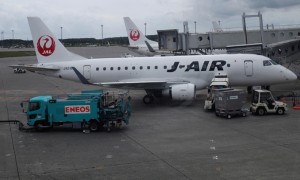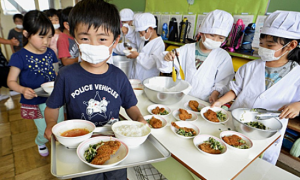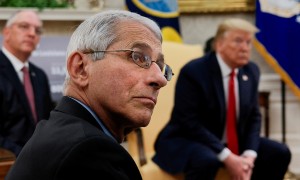The guideline, issued by nine ministerial-level agencies including the Ministry of Civil Affairs, Ministry of Foreign Affairs and Ministry of Public Security, stipulates that think tanks operating on the mainland possess legal person status, and should be run by domestic social organizations.
When attending activities held by overseas entities, or receiving donation and capital from overseas, think tanks should make such information public, said the guideline.
If think tanks fail to disclose such information as required and refuse to rectify accordingly, they may be listed in a category of "abnormal social organizations," the Xinhua News Agency reported.
China has witnessed a boom in think tanks during the recent years. Operated by government bodies, academic institutions, media and even companies, many of the think tanks have offered insightful opinions, a sociology expert told the Global Times on Friday on condition of anonymity.
Think tanks should carry out activities for the purpose of serving the Party and government decision-making, the guideline said, adding that the think tanks should also abide by State laws and regulations while enhancing their awareness of social responsibility.
The guideline also stipulates a dual-management system for think tanks.
Private-run think tanks should register with the provincial civil affairs department while others will be supervised by authorities in related fields.
Unregistered social organizations are forbidden to operate in the name of think tanks, the guideline said.
Think tanks have played a significant role when China was challenged and misunderstood, the anonymous expert noted.
Many Chinese think tanks held several activities overseas before and after the arbitration ruling against China in the South China Sea disputes, which helped the country to clarify its stance and win support, the expert added.







